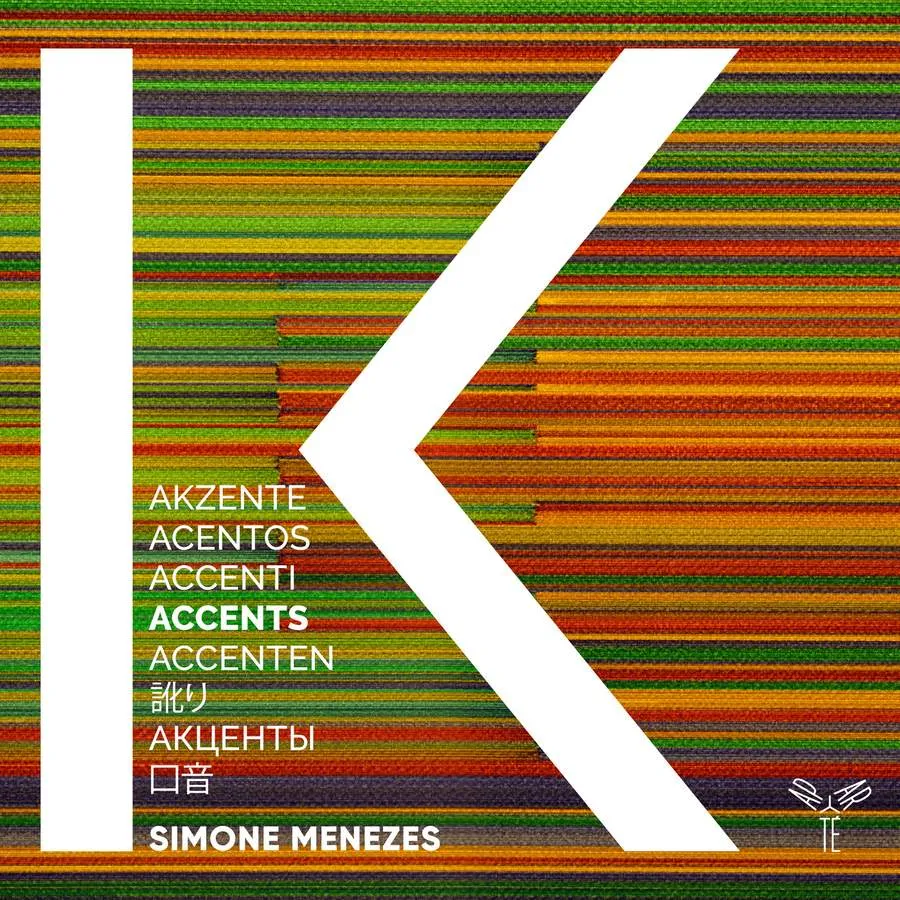
Accents Borodin: Prince Igor – Polovtsian Dances (arr. Paulet); Copland: Appalachian Spring; Debussy: Prélude à l’après-midi d’un faune (arr. Sachs); Sophie Lacaze: Histoire sans paroles*; Villa-Lobos: Chôros No. 5 ‘Alma Brasileira’ (arr. Sà) *Manon Galy (violin), *Kacper Nowak (cello), *Maria Dobresco (piano); Ensemble K/Simone Menezes Aparté AP 243 60:19 mins
For the small, Paris-based, multicultural ensemble of 13 young players she founded last year, Italian-Brazilian conductor Simone Menezes has devised a programme intended to capture the ethnographical musical flavours of each piece more vividly than usual. Borodin’s Polovtsian Dances, for instance, appears in a skilful arrangement by Vincent Paulet. Some may miss the sensual languor of the skin-rippling opening section in full orchestral garb, but the livelier dances sound highly effective when played with the infectious swagger of a street band in full swing – even if a little more ambient ‘air’ around the ensemble would have enhanced still further the music’s colouristic properties.
Debussy’s Prélude à l’après-mid d’un faune, as arranged by Benno Sachs, sounds especially beguiling when voiced with such captivating intimacy, with solo lines emerging as directional points of sound as opposed to the cushioned sonic luxuriance of a full orchestra. Copland’s original chamber scoring of Appalachian Spring is the highlight here – rarely has the enchanting penultimate section, a set of variations on the Shaker melody ‘Simple Gifts’, sounded so ingenuously beguiling. Villa-Lobos’s Chôros No. 5, expertly arranged by Gustavo de Sà so as to suggest the indelible Parisian instrumental colours of an Ibert or Françaix, forms a striking contrast with the final piece on the album, Sophie Lacaze’s Histoire san paroles for violin, cello and piano of 2002 – a two-part Australian fantasy that offsets an Aboriginal dance with a haunting evocation of the desert, viewed as if through a shimmering heat-haze.
Julian Haylock

